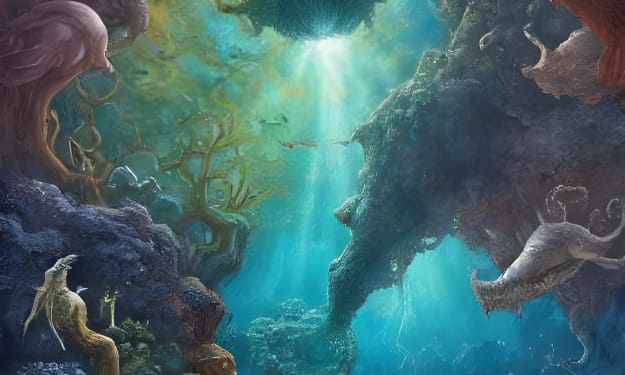Climate change
What Is Climate Change?

climate change refers to significant and long-term changes in the Earth's climate patterns, primarily driven by human activities, such as the burning of fossil fuels (coal, oil, and natural gas), deforestation, and industrial processes. These activities release greenhouse gases, such as carbon dioxide (CO2), methane (CH4), and nitrous oxide (N2O), into the atmosphere, which trap heat and lead to the warming of the planet. The primary driver of current climate change is the increased concentration of CO2 in the atmosphere due to the burning of fossil fuels.
Key aspects and impacts of climate change include:
Global Warming: The Earth's average surface temperature has been steadily rising, primarily due to the greenhouse effect. This warming can lead to a wide range of consequences, including more frequent and severe heatwaves.
Melting Ice and Rising Sea Levels: Higher temperatures cause glaciers and polar ice caps to melt, contributing to rising sea levels. Rising sea levels can result in coastal erosion, increased flooding, and the displacement of coastal communities.
Extreme Weather Events: Climate change is linked to an increase in the frequency and intensity of extreme weather events, including hurricanes, droughts, floods, wildfires, and storms. These events can have devastating impacts on communities and ecosystems.
Ocean Acidification: Increased CO2 levels in the atmosphere are absorbed by the oceans, leading to ocean acidification. This can harm marine life, particularly organisms with calcium carbonate shells or skeletons, such as coral reefs and shellfish.
Disruption of Ecosystems: Climate change can disrupt ecosystems and threaten biodiversity by altering temperature and precipitation patterns. Species may struggle to adapt or face habitat loss.
Impacts on Agriculture and Food Security: Changes in temperature and precipitation patterns can affect crop yields and food production. This can lead to food shortages and price volatility.
Health Impacts: Climate change can affect human health directly through heat-related illnesses and the spread of vector-borne diseases, such as malaria and dengue. Air pollution associated with fossil fuel combustion also poses health risks.
Efforts to address climate change include international agreements such as the Paris Agreement, which aims to limit global warming to well below 2 degrees Celsius above pre-industrial levels and pursue efforts to limit it to 1.5 degrees Celsius. Countries are working to reduce greenhouse gas emissions through measures such as transitioning to renewable energy sources, improving energy efficiency, and adopting sustainable land-use practices.
Mitigating climate change is a global challenge that requires cooperation at all levels of society, from individuals and local communities to national governments and international organizations. The goal is to limit the impacts of climate change and transition to a more sustainable and resilient future.and-trade systems, incentivizes emissions reductions.
International Cooperation: Climate change is a global problem that requires global solutions. International agreements, like the Paris Agreement, aim to unite countries in their efforts to combat climate change.
Public Awareness and Education: Raising awareness about climate change and its consequences is essential to mobilize public support for action and encourage sustainable behaviors.
Conclusion
Climate change is an existential threat that affects every corner of the globe. Its causes are deeply rooted in human activities, but solutions are within our grasp. Immediate and concerted efforts, both at the individual and societal levels, are needed to mitigate its effects and ensure a sustainable future for generations to come. By reducing greenhouse gas emissions, transitioning to clean energy, and protecting our ecosystems, we can work together to combat this global crisis and leave a healthier planet for future generations.





Comments
There are no comments for this story
Be the first to respond and start the conversation.